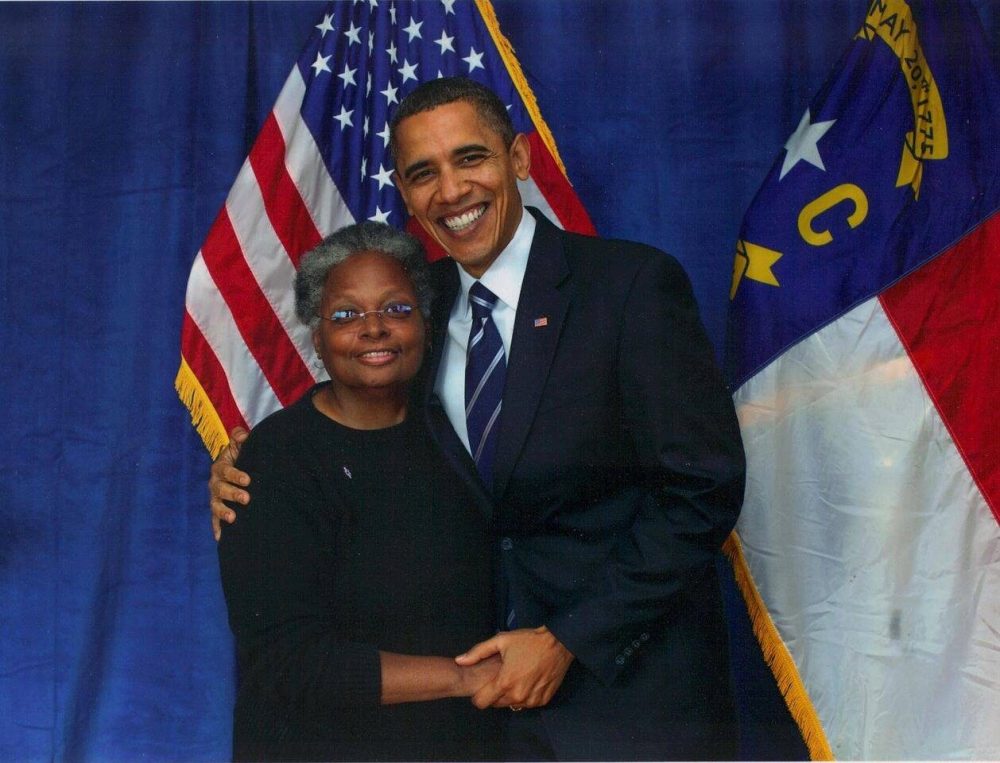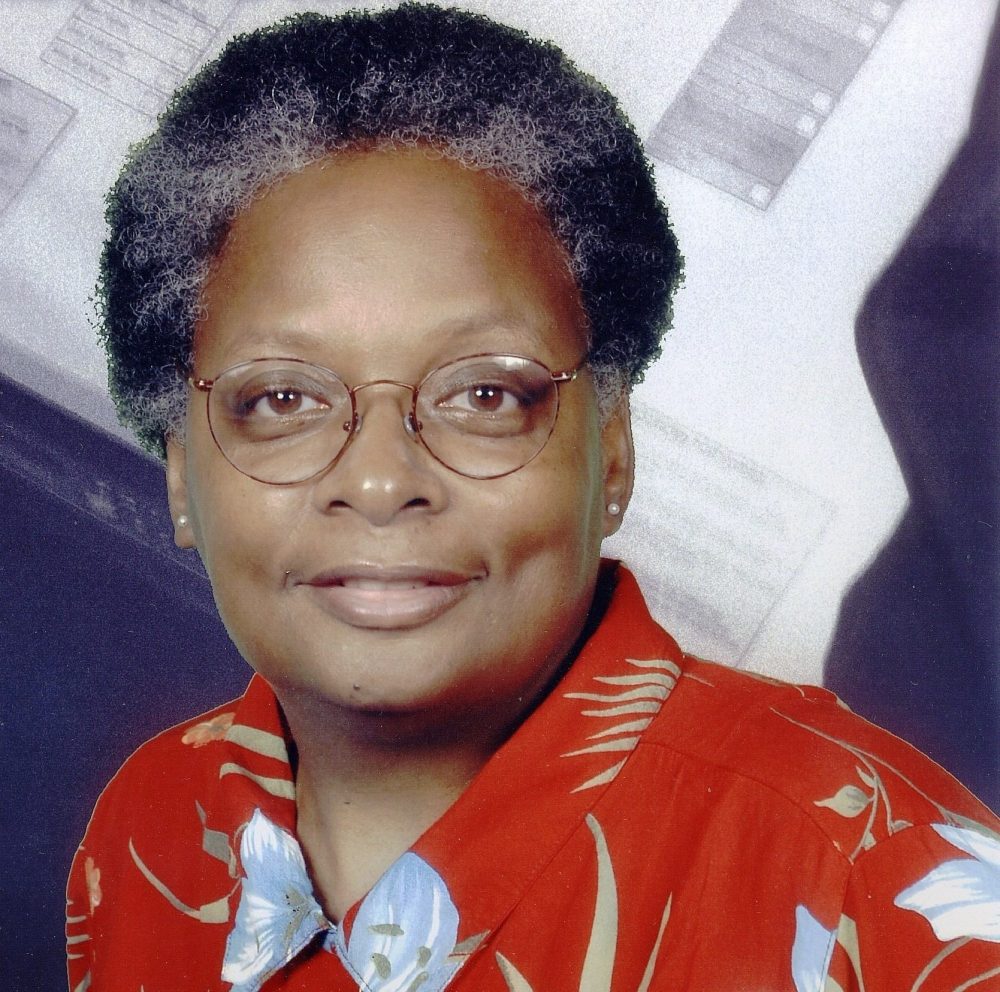Celebrating the Southern Black activist.
There is a common generalization that when people in their late 60s use Facebook, they are sharing recipes and cute dog videos with their family and few but close friends. One of the first things I noticed when I connected to Mandy Carter, a southern African American lesbian social justice activist a few years back, is how connected she is. She’s four people short of 5,000 Facebook friends, and over 400 people wished her a happy 69th birthday on November 3rd.
I first reached out to Mandy back in 2015 when I wanted to do my graduate school research on gay civil rights activist Bayard Rustin. All of the connections I talked to told me to reach out to activist Mandy Carter, who was the National Coordinator for the Bayard Rustin Commemoration Project of the National Black Justice Coalition, an organization that she co-founded. After doing research on her and seeing everything she has accomplished over the past nearly 50 years, I admit to being incredibly intimidated. For 47 years Mandy has been involved with social, racial, and LGBT justice organizing.
I typed out a message to her and pressed send with the reluctance of someone that’s about to take their first sip of scolding hot coffee. I was more than surprised when she responded in the warmest and most insightful way. It was clear that her activism and success has not gone to her head- she’s just as selfless and dedicated since 1968 when she first joined the War Resisters League and the 1968 Poor People’s Campaign. I knew upon receiving her response that more people, especially those in my generation, needed to know who this LGBTQ+ advocate was.
Though she may not be known by my generation on a national level, she has certainly made a name for herself in the south. To Mandy, activism needs to be attended at a local level. She spends a lot of her time visiting colleges, such as Duke University, to tell students how they can get involved on campus and organize through social media. She also encourages the Durham community to find a role in civic engagement and the Durham City Council.
My generation has grown up in a weird time for LGBTQA rights. We’ve made a lot of progress with legislation and acceptance, but that also meant a lot of people believed we no longer needed to keep organizing for more rights. When Donald Trump won the election, we suddenly didn’t even know where to start.
This is a time when our generation of activists can turn to those who have been through several movements in their lifetime, and have seen drastic political changes like we are facing now. Mandy Carter has been very aware how her decades of experience can be used to help young activists. In fact, she’s dedicated a lot of her own career to it.
Mandy knew from a young age that organizing was something she was meant to do. In her dormitories in age school, she realized that those who ran away got the most attention, so she organized for the entire senior dorm to run away at once. “When I got caught my professor told me, ‘Mandy, you need to know that you have a gift for organizing. You need to decide if you’re going to use this gift for good.’ That was one of my a-ha moments.”
Since then, Mandy has been organizing for the greater good. In 1968, an incredibly heightened time in history, she joined the Poor People’s Campaign, which hoped to address unemployment, housing shortages, and poverty amongst Americans. The organizers planned a large protest to be held in Washington, DC. Mandy took a bus from San Francisco, and it was during this trip that she noticed the severe tension between southern blacks and urban blacks. She realized the need for attention for economic justice in the south. “Because the question was this; If you fight to have a place to sit at the lunch counter, do you have money to buy anything once you’re there?”

Since then, the majority of her organizing efforts have been in the south, particularly in North Carolina, where Carter is from. But the divide between urban and rural activism still prevailed decades later. In 1993 the Gay and Lesbian Task Force planned their annual “Creating Change” conference. Mandy convinced them to hold it in Durham due to the very active LGBT community, and it was then the first time the conference was held in the south. From there, Carter, along with some other activists in the area, decided to start a committee to address the divide. “The kind of anti-southern stuff we were getting from people was just really weird. People were calling us and asking, “Why are we holding it in North Carolina? Is there even an airport down there?’” The meetings led to the activists desiring to start an organization that focused on queer, progressive liberation in the south, and they came up with Southerners on New Ground (SONG), which has been running for over 20 years now, with Carter remaining the Executive Director.
When I last talked to Mandy a year ago, she planned on taking her 69th year off from work to rest and take a well-deserved vacation. But as of this year, she has done the exact opposite. Instead, Mandy could be seen waving from a convertible in the middle of the 2017 Capital Pride Parade as one of the Grand Marshals, and now, she’s working with Durham activists in their 20’s on new organizing projects. That’s just the kind of person Mandy is, and that’s the kind of person we should all aspire to be.
